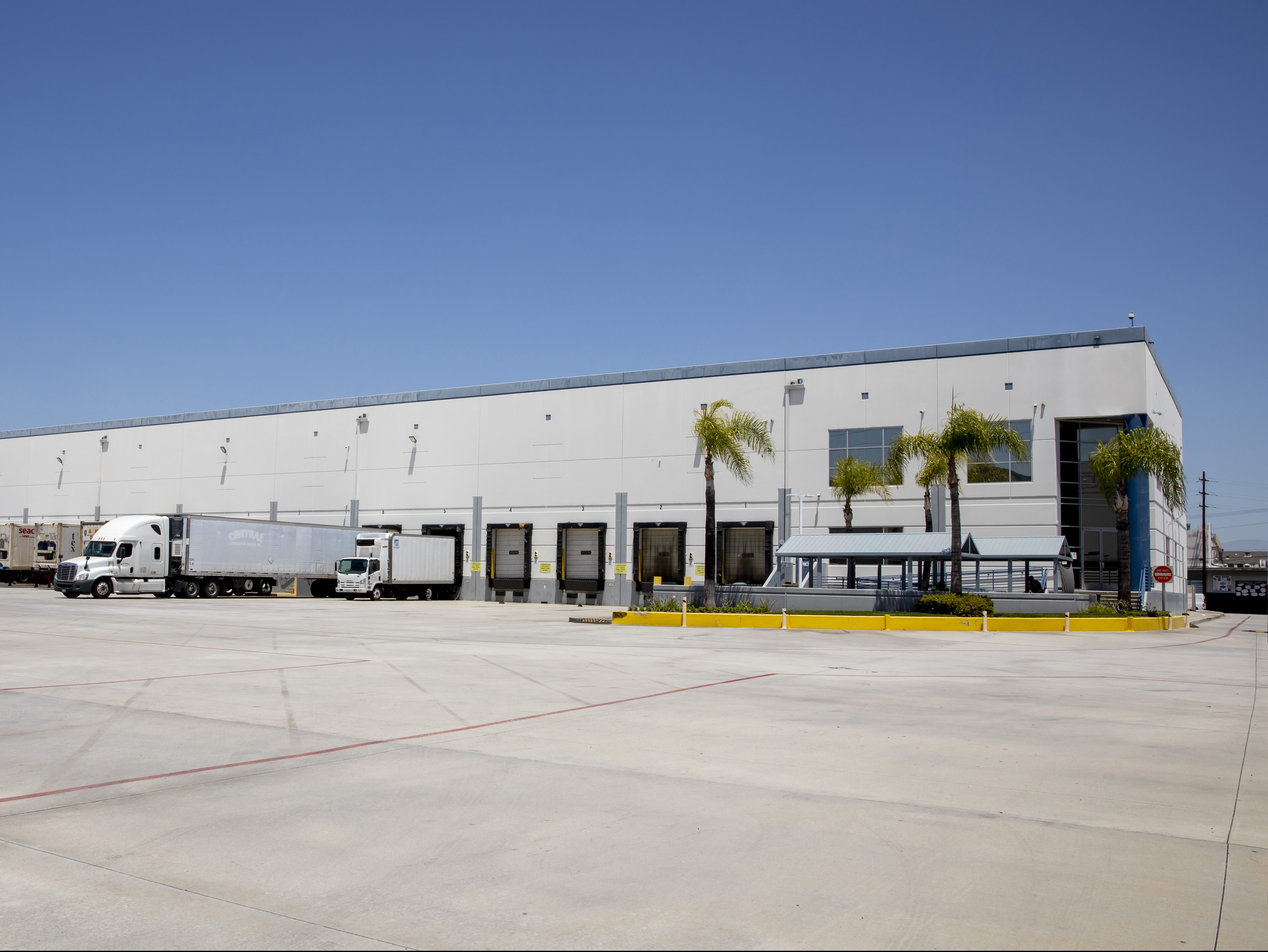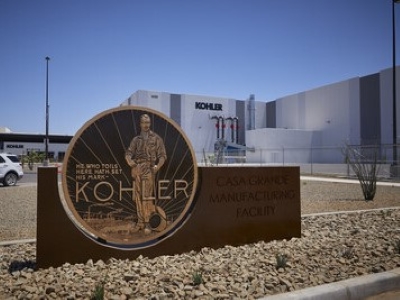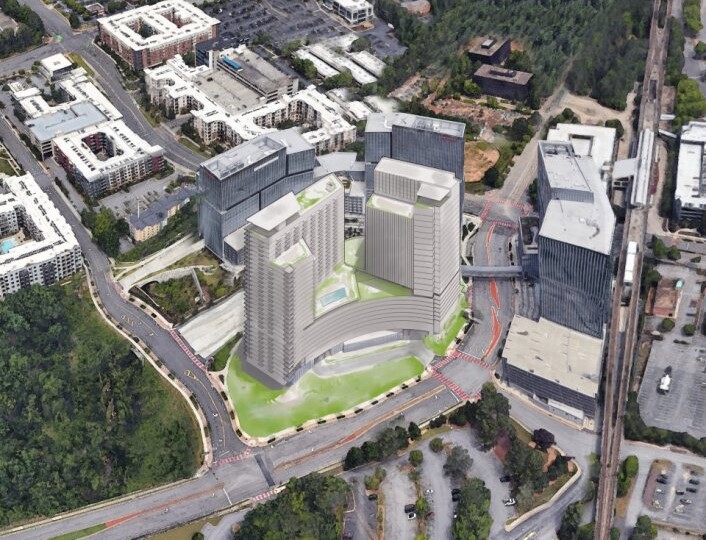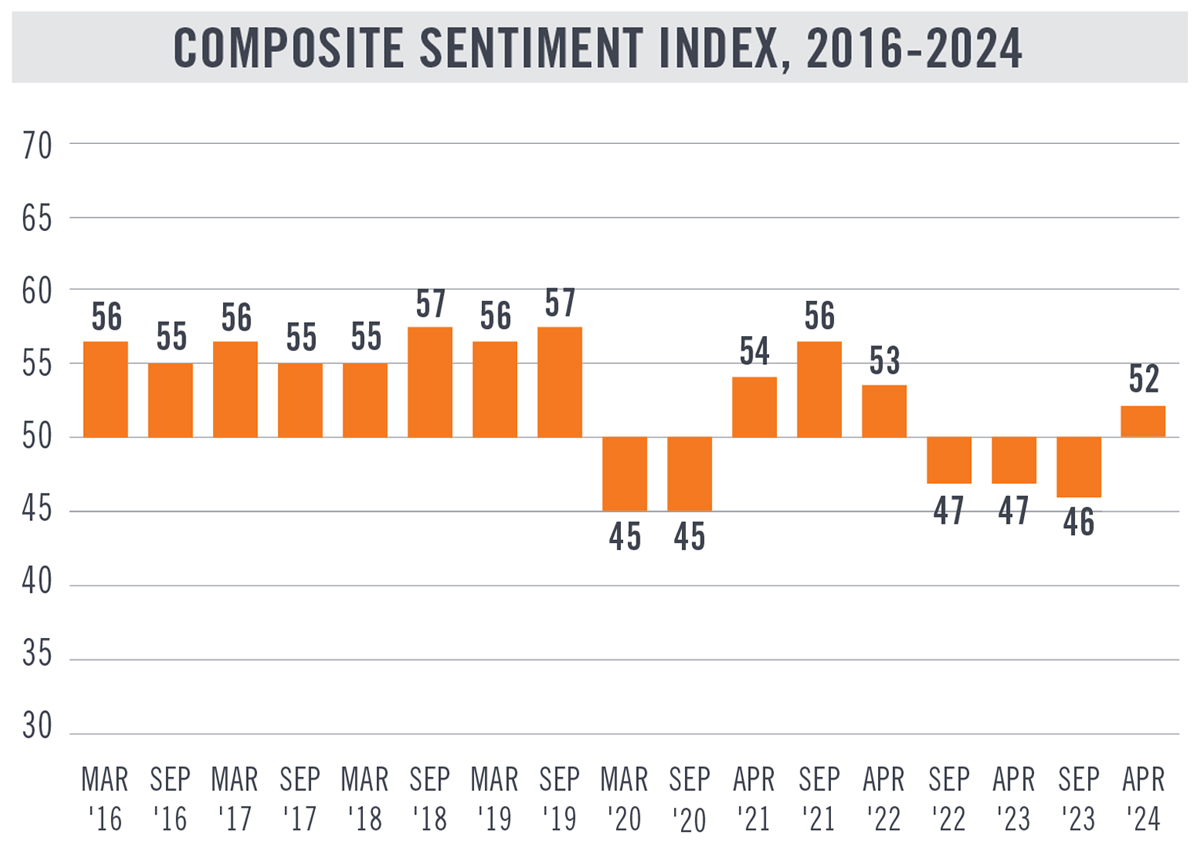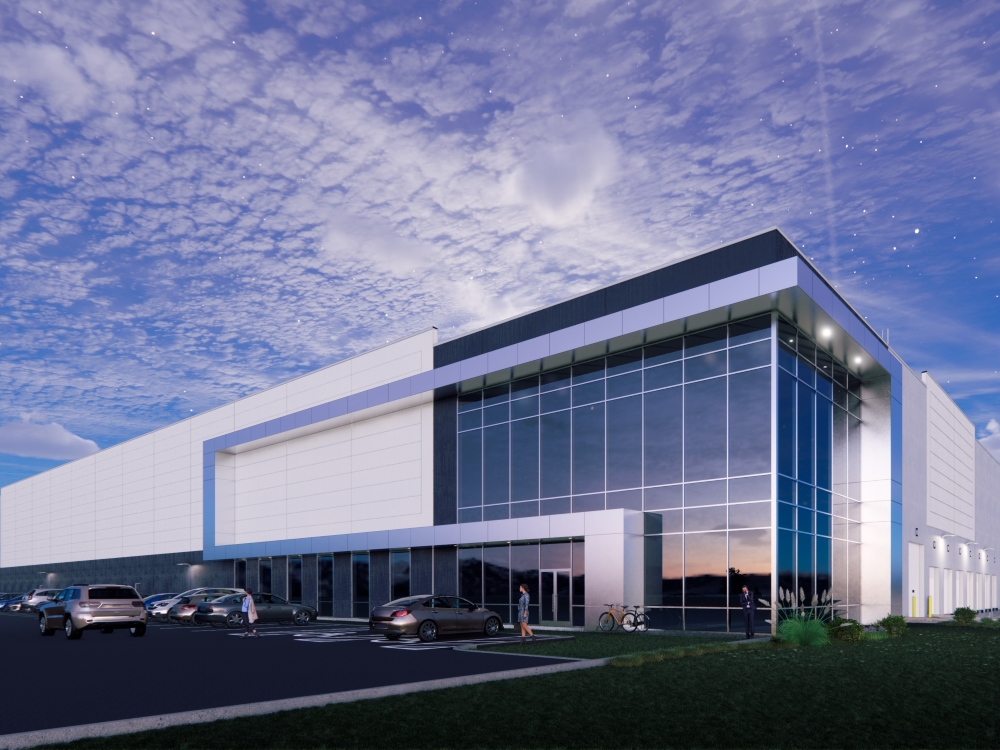$22B Carbon-Free Mixed-Use City Gets Underway in Abu Dhabi
Ground has broken on Abu Dhabi’s Masdar City, a massive endeavor that will produce the first zero-carbon and zero-waste city in the world. The multi-phase, multi-faceted project will cost about $22 billion to complete. The first segment of the 1,480-acre Masdar City will consist of the Masdar Institute of Science and Technology, a graduate university…
Ground has broken on Abu Dhabi’s Masdar City, a massive endeavor that will produce the first zero-carbon and zero-waste city in the world. The multi-phase, multi-faceted project will cost about $22 billion to complete. The first segment of the 1,480-acre Masdar City will consist of the Masdar Institute of Science and Technology, a graduate university being developed in a partnership between the Abu Dhabi government and MIT. With work now underway, the development is on schedule to debut as the world’s first graduate school dedicated to renewable energy in 2009. MIST will account for 6 percent of the entire development, which is being designed by London-based architectural firm Foster + Partners. Ultimately, 30 percent of Masdar City will be dedicated to housing, 24 percent will be reserved as a business and research district; 13 percent will provide light manufacturing and other commercial space; 19 percent will accommodate service and transportation, and the remaining 8 percent will be dedicated to civic and cultural pursuits.Masdar City is expected to have a significant impact on the issue of sustainable development across the globe. The project is one of the first to be developed as part of the One Planet Living Program, a global initiative of the World Wide Fund for Nature and the World Wildlife Fund designed to provide examples of the feasibility and benefits of sustainable living. Among Masdar City’s most notable energy efficient characteristics will be the prohibition of vehicles. Also, the city will rely on sustainable technologies to reduce its environmental impact, including photovoltaic cells and concentrated solar power. Masdar City’s installed power capacity will be 75 percent less than that of locales of similar size; its water requirements will be 50 percent less; and the city will require almost no landfill accommodations at all. Another major impact the project will have on the area is the creation of new 70,000 jobs. Development of the ambitious Masdar City will be primarily funded through various direct investment sources, as well as the establishment of financial vehicles for raising additional capital. The massive enclave, to be constructed in seven phases, is on target to reach full completion in 2016. It dovetails with the government’s Plan Abu Dhabi 2030, which outlines a master plan to accommodate the increase of Abu Dhabi’s population to over 3 million by 2030.

